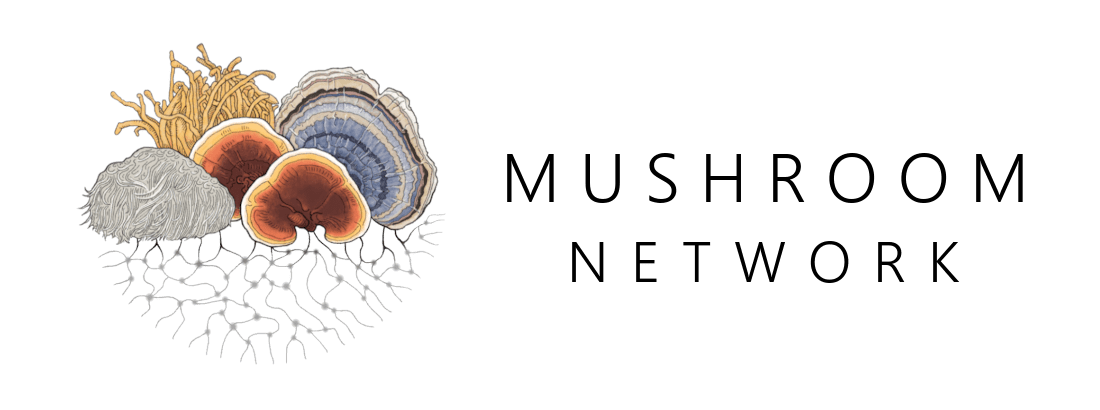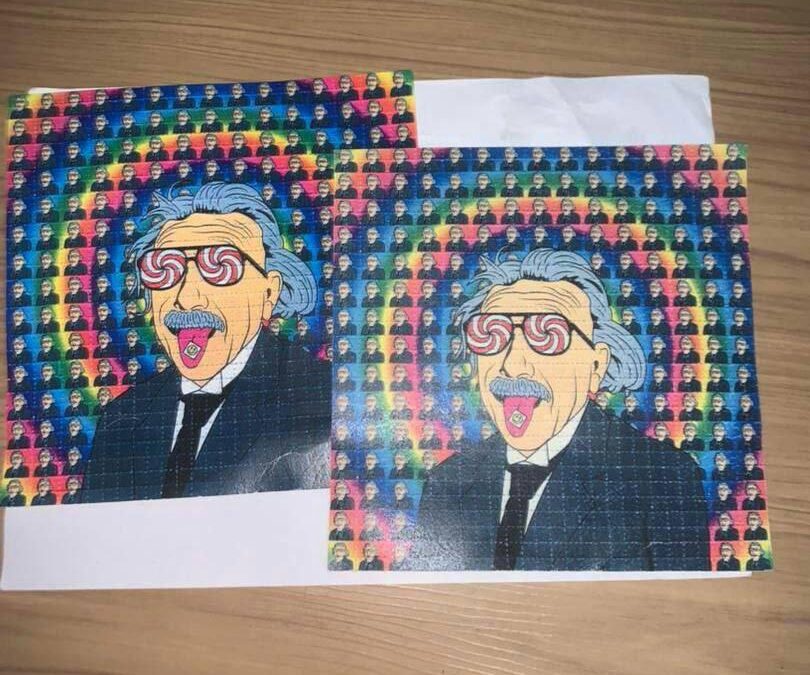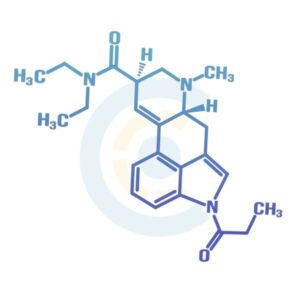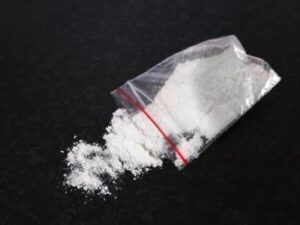Recent studies indicate that LSD-assisted therapy may be effective in treating anxiety and depression, particularly in patients facing life-threatening illnesses. Here are the key findings from recent research:
Efficacy of LSD-Assisted Therapy
- Long-lasting Reductions in Anxiety and Depression:
- A clinical trial demonstrated that LSD treatment led to significant reductions in anxiety symptoms, with effects lasting up to 16 weeks post-treatment. The mean change in anxiety scores was notable, showing a decrease of 16.2 points on the Spielberger State-Trait Anxiety Inventory (STAI-G) after treatment with LSD compared to a placebo14. Similar reductions were observed in depression scores on standardized assessments14.
- Sustained Benefits:
- Follow-up studies indicated that participants experienced sustained benefits, with 77.8% reporting reduced anxiety and 66.7% noting improved quality of life even 12 months after completing LSD-assisted psychotherapy23. This suggests that the therapeutic effects of LSD may extend beyond the immediate aftermath of the treatment.
- Comparison with Placebo:
- In controlled trials, patients receiving LSD reported significantly greater reductions in anxiety compared to those given a placebo. For instance, the LSD group showed an average decrease of 14.9 points on anxiety scales, while the placebo group experienced only a slight increase35.
Mechanisms Behind the Effects
- The therapeutic effects are believed to be linked to the intense subjective experiences induced by LSD, which often include feelings of interconnectedness and emotional catharsis. These experiences may facilitate emotional processing and help individuals confront deep-seated anxieties25.
Safety and Tolerability
- The studies reported minimal adverse effects associated with LSD treatment. Most side effects were transient and mild, with only a small percentage of participants experiencing serious adverse events14. This suggests that when administered in a controlled setting, LSD can be safely integrated into therapeutic practices.
Regulatory Recognition
- The promising results have led to regulatory interest, with some formulations of LSD receiving breakthrough therapy designation from the FDA for treating generalized anxiety disorder. This recognition underscores the potential of LSD as a viable treatment option for anxiety disorders5.
Conclusion
Overall, the evidence supports the notion that LSD-assisted therapy can effectively reduce symptoms of anxiety and depression, particularly in patients dealing with life-threatening illnesses. The long-lasting nature of these effects and the relatively low incidence of adverse events make it a compelling area for further research and clinical application.
















